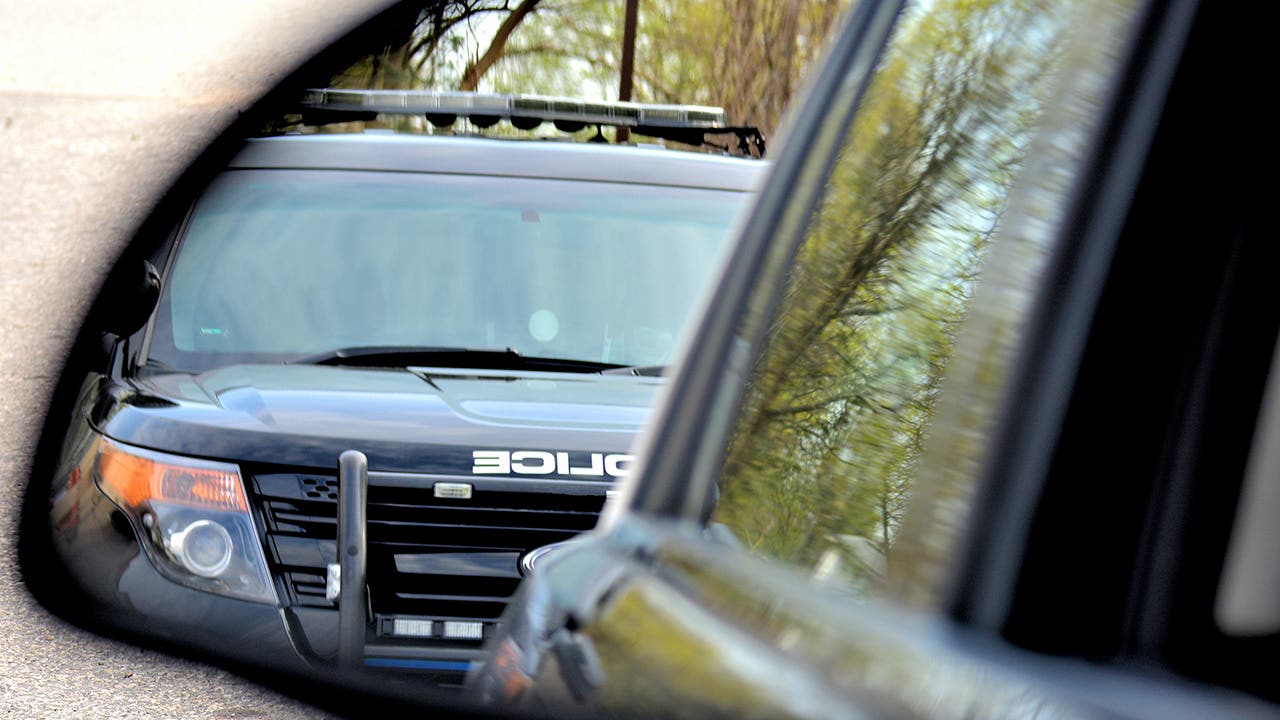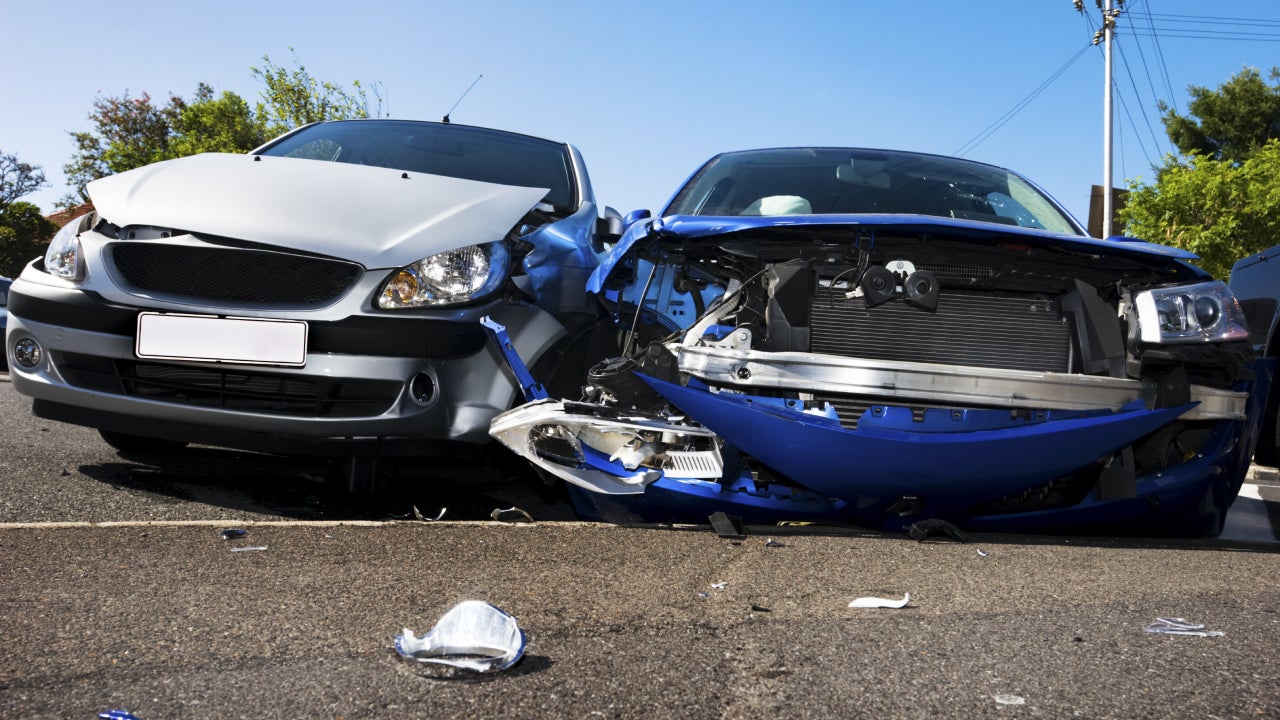What happens if you get caught driving without insurance?




Getting behind the wheel without car insurance can quickly turn into an expensive mistake. If you are caught driving without coverage, you run the risk of facing penalties, including fines, loss of your driver’s license and potentially jail time. If you cause an accident while driving uninsured, you may have to pay for the other driver’s repairs and medical bills out of your own pocket. Plus, a lapse in coverage can make it harder and more expensive to secure car insurance in the future.
Penalties for driving without insurance
Law enforcement and state governments take driving without insurance seriously. Offenders are likely to face fines and potential license suspension. The exact penalties depend on your state’s laws, your personal factors and whether or not your state’s DMV receives automatic electronic reports about lapsed or canceled insurance coverage from insurance providers.
DMV notification
In many states, insurance companies report directly to the DMV (or similar agency) when an auto insurance policy is opened, canceled or nonrenewed. If your state has this type of reporting system, the DMV may suspend your license or registration as soon as your insurance company reports that your coverage has lapsed.
I let my insurance lapse a couple of years ago and they suspended my drivers license. I had to pay a penalty (and have insurance) in order to renew my registration. I don’t remember how much the penalty was, but I remember them telling me if it happened again it would be $500. Luckily I didn’t get pulled over or get in an accident…lesson learned though.
Reddit user, r/Jacksonville
What happens if you get pulled over without insurance?
Drivers often underestimate what happens if you get pulled over without insurance, but in most states, the result is a hefty fine. In Washington, for example, you could pay $550 or more in base fines plus penalty fees for a first offense. Other states, such as Florida, will also suspend your driver’s license and registration and require you to pay fees to have them reinstated.
In some states, including California, the law enforcement officer who pulls you over has the right to impound your vehicle for lack of insurance if he or she deems it necessary. You would then be responsible for towing fees and other costs involved and might not be able to get your vehicle back until you can show proof you have auto insurance. You may also be required to file an SR-22 certificate in some states, which states that you are now carrying the required minimum coverage.
Once you have been cited for no car insurance, you may also find that the cost of car insurance — which you’ll have to buy to get your license reinstated or your car out of the impound lot — is higher than if you had a policy all along, because insurance companies may view you as a higher-risk driver.
In some states, police will ask to see proof of insurance along with your license and registration during any traffic stop. But we found that some users on Reddit report not always being asked to show their insurance card at traffic stops. Here’s what members of law enforcement had to say about how, when and how often they ask for drivers’ insurance information.
One user on r/AskLE, a subreddit where law enforcement members give answers to users’ anonymous questions, said, “Insurance is my bread and butter. I can give a pass for expired tags as at the end of the day you’re only screwing over the government, but no insurance is an immediate citation. I absolutely hate working a wreck and having to tell some poor person sorry about your car getting totaled but the at-fault driver didn’t feel like having insurance so it’s on you. I stop every single vehicle that doesn’t have insurance attached to the return and if they can’t provide me a valid proof I cite every time.”
But another user confirmed that police don’t always ask drivers for their insurance card outright — for a very simple reason. “Some states we can pull it from DMV information,” they explained. “I usually don’t care about a paper registration card either unless NCIC is down and I can’t run it.”
The bottom line: If you’re pulled over by police, assume that they’ll verify your insurance status, whether by asking to see your insurance card or by checking DMV records.
What happens if you get into an accident without insurance?
If you get into an accident without auto insurance, the consequences may be even more severe. You will be subject to all the penalties described above and are more likely to have your license suspended and your vehicle impounded. If you are involved in a serious accident and not properly insured, you will likely be required to file an SR-22 or FR-44 with your state’s department of motor vehicles (DMV).
If you caused injuries or property damage as a result of the accident, you could find yourself facing high out-of-pocket costs as well. One primary purpose of auto insurance is to protect you from being on the hook for the cost of accidents you cause. Without that essential coverage, you could be legally responsible for tens of thousands or even hundreds of thousands of dollars — and if someone needs ongoing medical care as the result of the accident, your financial obligations could extend years past the initial incident and drain your finances.
Can you drive without insurance?
Unless you live in New Hampshire (which still has financial responsibility requirements), the answer is no. Most states require you to purchase at least a minimum amount of car insurance coverage types and limits to drive legally. Although the mandatory minimum coverage levels differ by state, most states require at least the following types:
- Bodily injury liability: This covers medical costs for anyone you injure in an at-fault auto accident. Coverage limits can vary, and if your limits are too low, you may have to cover the additional injury-related costs out of pocket.
- Property damage liability: This part of your policy covers damage to the other driver’s vehicle and any other property damaged by the accident (such as a fence or light post).
Some states also have other requirements, such as uninsured and underinsured motorist coverage, medical payments coverage or personal injury protection (PIP). The latter two cover your medical costs and those of your passengers and are mandatory in some states, but optional in others.
In many states, though, you can satisfy a similar “financial responsibility law” in another way, like posting a bond or showing proof of self-insurance. While these methods allow you to drive without car insurance, they are usually considerably more expensive than purchasing a policy. Even in New Hampshire, the only state that doesn’t require drivers to purchase insurance in order to legally drive, buying car insurance is typically more affordable than the alternative of proving financial responsibility without an insurance policy.
How do you get car insurance when you are uninsured?
If you have been driving without auto insurance, you should consider purchasing a policy as soon as possible. This will not only ensure that you meet your state’s requirements for legal driving but can also help protect you from the financial fallout of causing an accident.
You may not be eligible for the lowest premium because driving without insurance puts you in a higher-risk category. On average, drivers with a lapse in coverage pay $2,952 per year for full coverage and $900 per year for state minimum coverage, according to November 2025 data from Quadrant Information Services. Compared to the average annual cost of car insurance for drivers with continuous insurance, that’s an increase of between 9 and 10%.
But finding cheap car insurance after a lapse isn’t impossible. The following strategies could help you find auto insurance while you’re uninsured:
- Compare rates: A lapse in coverage is just one of the personal factors that insurers consider when setting your rates. Some providers might charge more for coverage lapse than others, so you may want to request quotes from several car insurance companies to find the cheapest coverage.
- Consider a nonstandard insurer: Some insurance companies specialize in coverage for high-risk drivers. If you drove without insurance for a significant period of time or have one or more convictions for driving with no insurance, you may have better results getting quotes from a nonstandard company.
- Be honest: If you’re shopping for a policy, you might be tempted to say you had coverage in order to get a better rate, but your new provider will be able to see if you actually had an active policy.
Frequently asked questions
Why we ask for feedback Your feedback helps us improve our content and services. It takes less than a minute to complete.
Your responses are anonymous and will only be used for improving our website.
You may also like


Driving without insurance in Virginia




